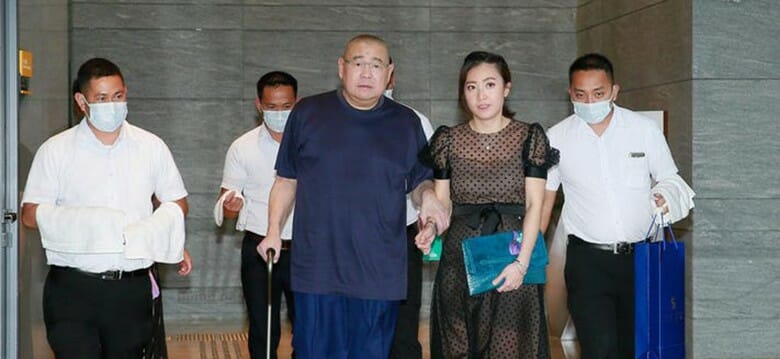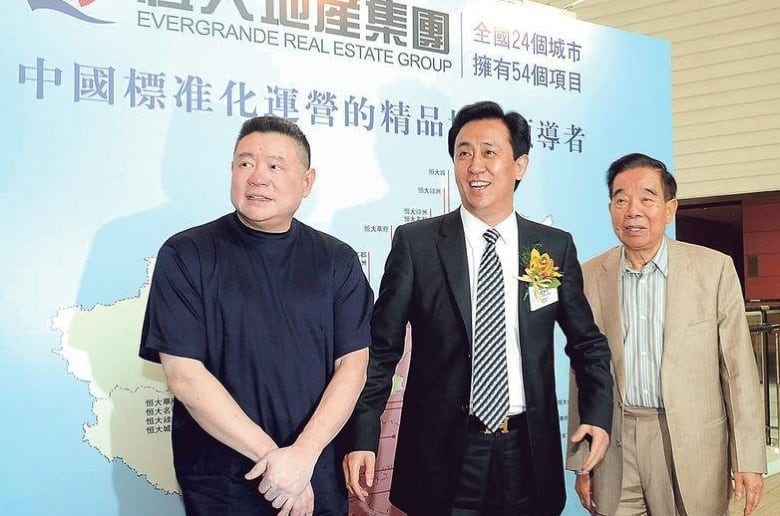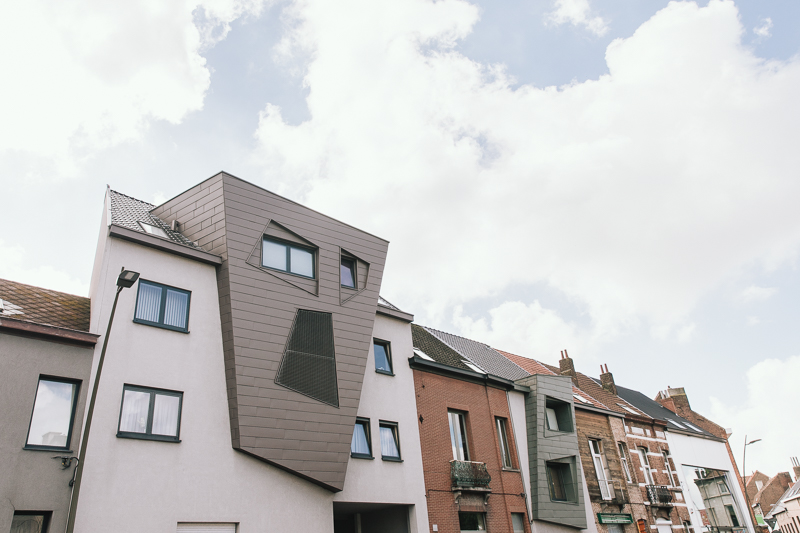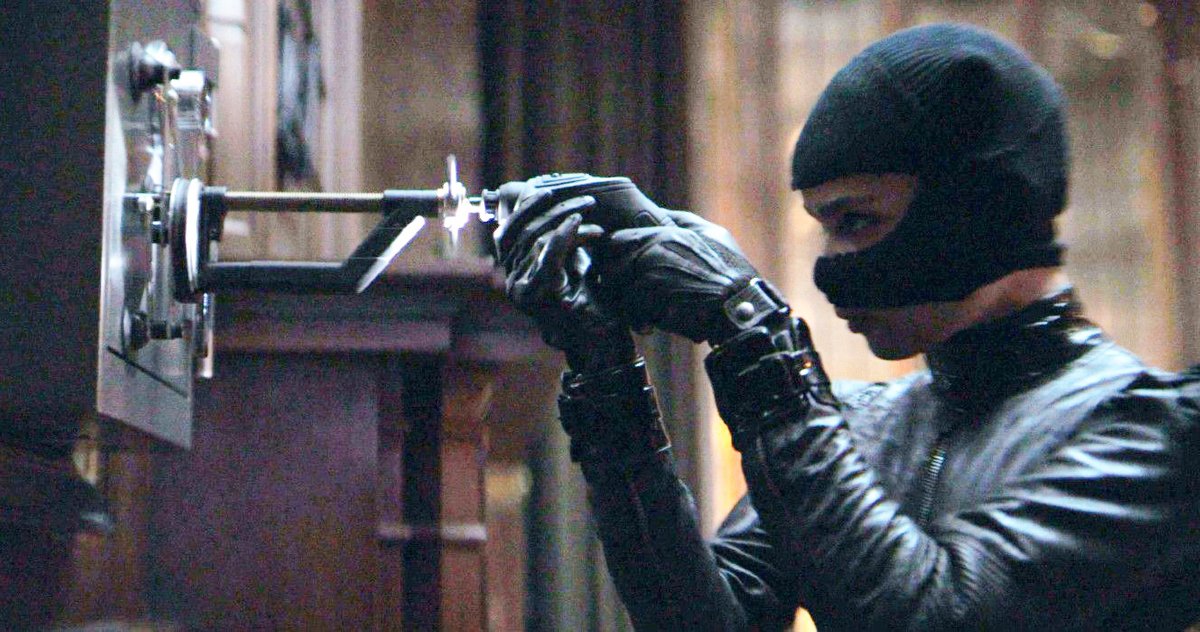
Joseph Lau’s gamble on Evergrande is bad for his company’s health
Property tycoon Joseph Lau plans to take his Hong Kong-listed Chinese Estates Holdings private, looking to salvage what remains of the loss-making, largely inactive firm after its ill-fated investment in fellow developer China Evergrande Group.
A company owned by Lau’s wife, Chan Hoi-wan, has offered HK$1.9 billion ($245 million) for the roughly 25 percent of Chinese Estates shares not directly held by Lau’s family, valuing the firm at HK$7.63 billion. The per-share offer price of HK$4 represents an 83.5 percent premium to the last trading price of HK$2.18 on 28 September, when the stock was suspended.
Chinese Estates faces what it terms “an uncertain and difficult” outlook for the foreseeable future after suffering a massive trading loss on its shares of Evergrande, an HKEX-listed company in which it was once a cornerstone shareholder.
“It is considered that the delisting of the company would reduce the costs and management resources associated with the maintenance of the listing of the company on the stock exchange and its publicly listed status,” Chinese Estates said Wednesday in a filing with the Hong Kong stock exchange.
The Long Goodbye
Two weeks ago, Chinese Estates revealed that it had sold down 13 percent of its shareholding in Shenzhen-based Evergrande at a staggering loss and had made preparations to dispose of its entire stake in the months ahead.

Joseph Lau (left), Evergrande’s Xu Jiayin and the late New World founder Cheng Yu-tung
Chinese Estates sold more than 108.9 million shares of Evergrande, chaired by Lau’s longtime ally and poker pal Xu Jiayin, on the open market out of 860 million shares held, a disposal representing 0.82 percent of the debt-saddled group’s issued share capital.
The firm offloaded the shares for HK$246.5 million ($31.7 million) at an average share price of HK$2.26 per share, chalking up an expected loss of almost HK$1.38 billion on the sale. It also left the door open for a disposal of its remaining stake, representing 5.66 percent of Evergrande’s issued share capital, over the next 12 months.
The news of Chinese Estates’ potential exit came less than a week after the South China Morning Post reported that Lau and his wife had sold 138 million Evergrande shares several times for about HK$500 million in total.
Shenanigans for Shareholders
In its interim report released last month, Chinese Estates — which primarily makes its money by investing in other companies, rather than building new homes — posted first-half revenue of HK$726.2 million, down 63 percent year-on-year, and a net loss of HK$35.5 million, swinging from a year-earlier profit of HK$786 million. The firm, which derived more than 84 percent of its total revenue in 2020 from dividends and interest, said the red ink was mainly due to a decrease in dividend income from its Evergrande shares.
Joseph Lau, who remains a fugitive from justice after a 2014 bribery conviction in a Macau court, has continued to wield influence from behind the scenes. His wife, a former Apple Daily reporter, was appointed CEO of Chinese Estates in February after her elder sister stepped down from the role.
Arun George, an analyst at Global Equity Research in London, gave Lau’s take-private plan a lukewarm review from the public shareholder’s perspective.
“The Lau family which controls Chinese Estates is taking advantage of the fallout from their ill-advised investment in Evergrande to privatise Chinese Estates at the cost of minority investors,” George said. “While we think the offer price is unattractive, the shareholding structure suggests that that privatisation bid will be likely successful.”
Note: This article have been indexed to our site. We do not claim legitimacy, ownership or copyright of any of the content above. To see the article at original source Click Here











/cdn.vox-cdn.com/uploads/chorus_asset/file/24516527/Atlas_490_3W_R4.png)




